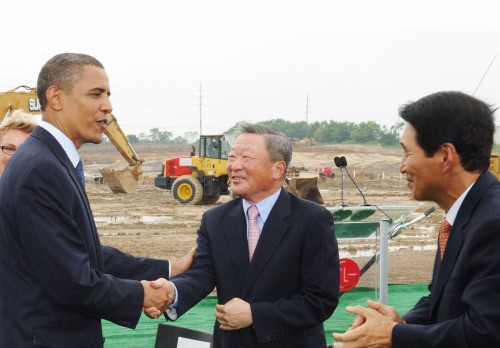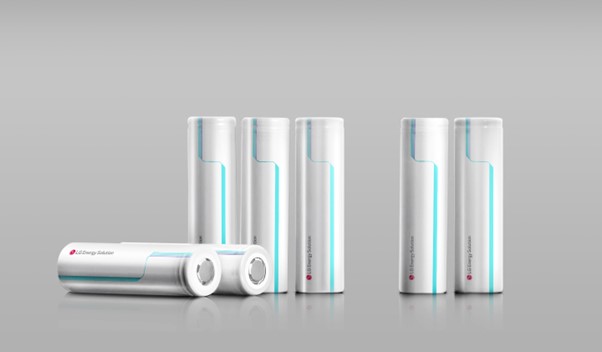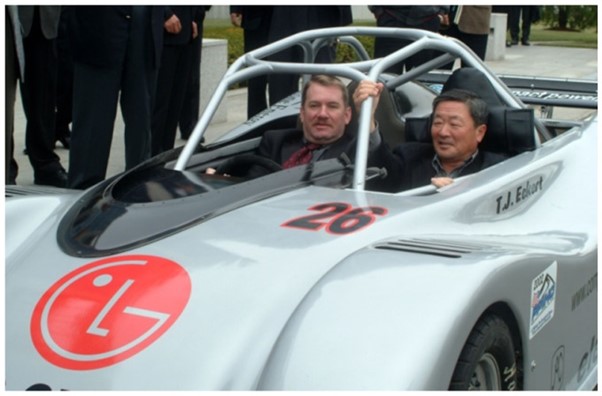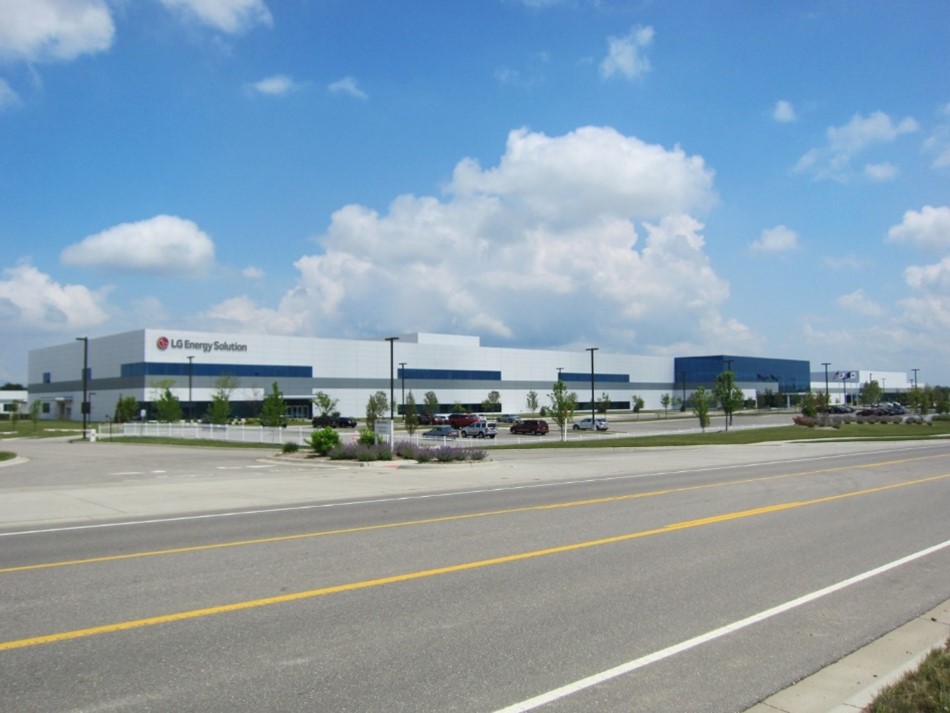[National Battery Day Special]
Celebrated on February 18 every year, National Battery Day is a great time to reflect on how batteries have transformed our way of life. It goes without saying that the battery industry is key to empowering the digitization and electrification of humanity, and is now playing an important role in clean energy transition.

Although the battery industry is burgeoning with electric vehicles (EV) boom nowadays, its potential wasn’t so obvious a few decades ago. The late chairman of the LG Group, Koo Bon-moo, was one of the first to notice the vast possibilities of the rechargeable battery. With a vision that rechargeable batteries will change the world, he launched research and development in 1992 and never looked back. Thanks to this leap of faith, in 1999, LGES (at the time a part of LG Chem) became the first Korean company to successfully mass produce cylindrical lithium-ion batteries.
As the world started to take note of EVs, the company entered the North American battery market ahead of other competitors. In 2000, LGES established an R&D facility in Colorado for the development of lithium-ion batteries, one of few domestic EV battery R&D facilities at the time, which later moved to Detroit, the hub of the U.S. automotive industry.
By the end of the decade, the Obama administration had enacted a strong green energy policy named The Recovery Act and dedicated its full support to the EV industry, which helped LGES power the world’s first mass-produced plug-in hybrid EV (PHEV), the Chevy Volt by General Motors.
To carry on this momentum and boost the EV industry through its advanced technology, LGES went on to establish America’s first EV battery plant in Holland, Michigan, which started production in 2012 to supply batteries to numerous local customers.
The company still is strengthening major manufacturing facilities it operates in North America where the fastest growth in EV market is expected, and aims to expand its production capacity to 55GWh by the end of 2023, bolstered by the operation of two Ultium Cells plants (a joint venture with GM) in Ohio and Tennessee.
The company also secured large-scale plants in the works, including an ongoing expansion in Holland, Michigan, a third Ultium Cells plant in Lansing, Michigan, a joint venture with Honda in Jeffersonville, Ohio, and a joint venture with Stellantis N.V in Windsor, Canada.
The company also plans to diversify customer portfolio and expand product line-up in North America with pouch-type EV batteries, energy storage systems (ESS), and cylindrical batteries. These initiatives will be further backed by smart factories established through the digitalization of the entire manufacturing processes.


